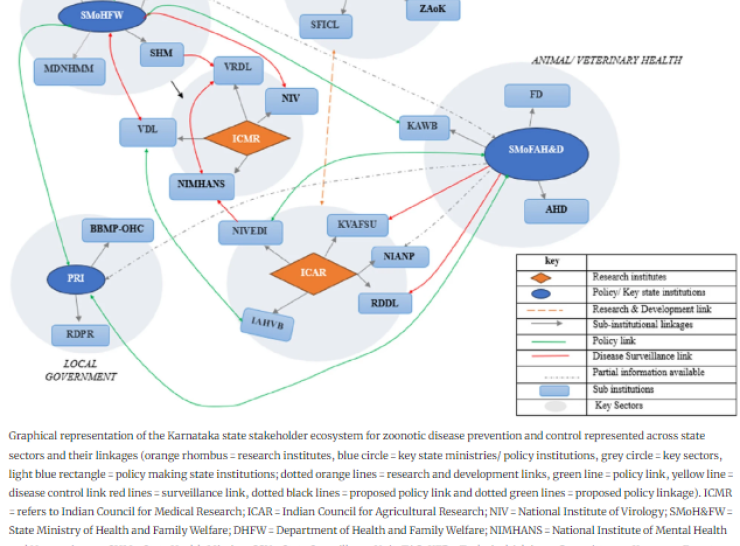
One Health networks and zoonoses prevention and control in India
This paper characterizes the complex, multi-scale ‘One Health’ state actors, their interrelationships and collaborative networks to understand how and why collaborations emerge and succeed or fail and identify pathways for strengthening cross-sector engagement in India’s (decentralized) health system........................
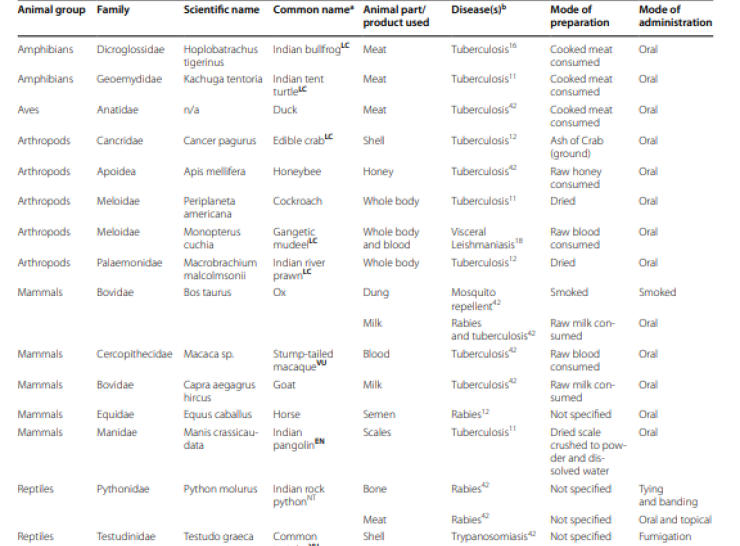
Traditional Medicine interventions for zoonotic diseases
What is the state of the art on traditional medicine interventions for zoonotic diseases? This paper maps the literature, synthesizes evidence on traditional interventions for the treatment and prevention of zoonoses on the Indian subcontinent and identifies key areas for future studies...
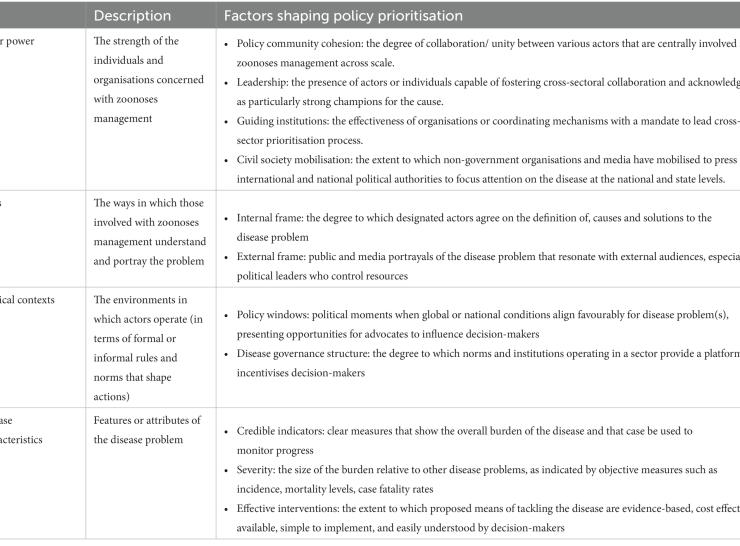
Reconciling stakeholder priorities, evidence, and processes for zoonoses prioritisation
‘It doesn’t happen how you think, it is very complex!’
Why do some zoonotic diseases receive priority from health policy decision-makers and planners whereas others receive little attention?
Reconciling stakeholder priorities, evidence, and processes for zoonoses prioritisation in India
Why do some zoonotic diseases receive priority from health policy decision-makers and planners whereas others receive little attention?
Reconciling stakeholder priorities, evidence, and processes for zoonoses prioritisation in India
Using mechanistic models to highlight research priorities
In this study, we developed mathematical models to highlight the ecological processes that influence the maintenance of Kyasanur Forest Disease, a neglected zoonotic disease affecting people in the Western Ghats region of India...
Improving Interventions for Neglected Zoonotic Diseases
This research paper examines the vulnerability and adaptation pathways of poor and marginalised groups facing emerging zoonoses. It focuses on Kyasanur Forest Disease (KFD), an often-fatal tickborne viral haemorrhagic fever endemic in south India . . .

Understanding and Mitigating Spill-Over of Tick-Borne Diseases
Exposure to zoonotic diseases can trade-off against livelihood-critical activities, particularly for tropical forest-dependent communities. Inter-disciplinary ecosystem approaches are critical to understanding this zoonotic spillover...
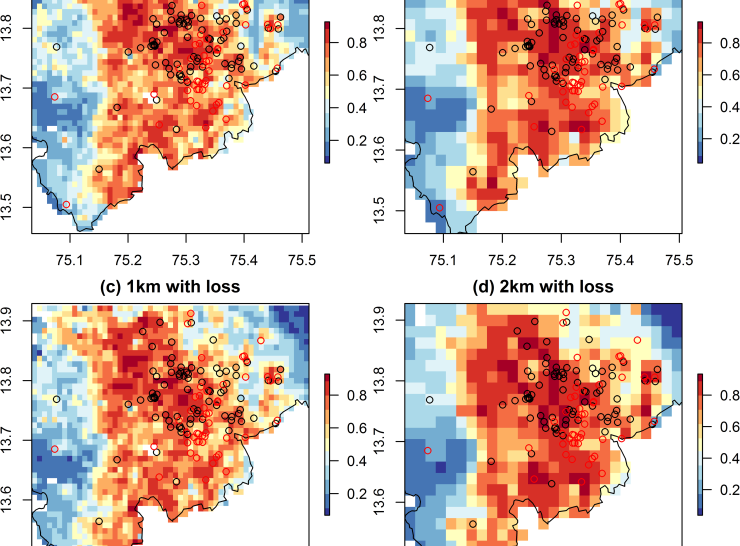
Predicting disease risk areas through co-production of spatial models
Worldwide, impacts of zoonotic diseases, that cycle between animals and people, are concentrated in tropical communities and often linked to the way people use and change ecosystems. Interventions for zoonotic diseases could be targeted better using risk maps...
Reviewing ecological evidence base for management of emerging tropical zoonoses
Zoonotic diseases (caused by pathogens passed between animals and people) disproportionately affect tropical communities. Management to prevent human cases is often hindered by a poor ecological understanding of zoonotic disease systems...
''None of my ancestors ever discussed this disease before!''
There is widespread consensus that smallholder farmer and tribal communities are highly vulnerable to zoonotic diseases (illness passed between animals and people). This is largely due to their relatively poor access to healthcare...
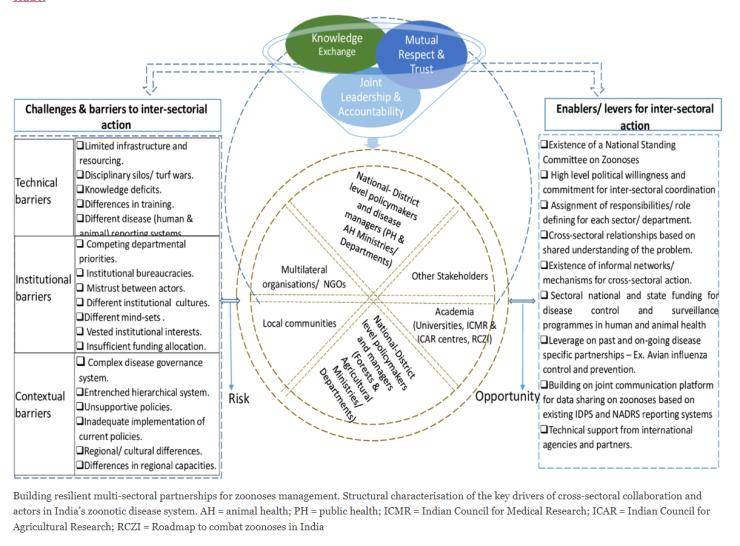
Operationalising the "One Health" approach in India
There is a strong policy impetus for the One Health cross-sectoral approach to address the complex challenge of zoonotic diseases, particularly in low/lower middle income countries (LMICs). Yet the implementation of this approach in LMIC contexts such as India has proven challenging...
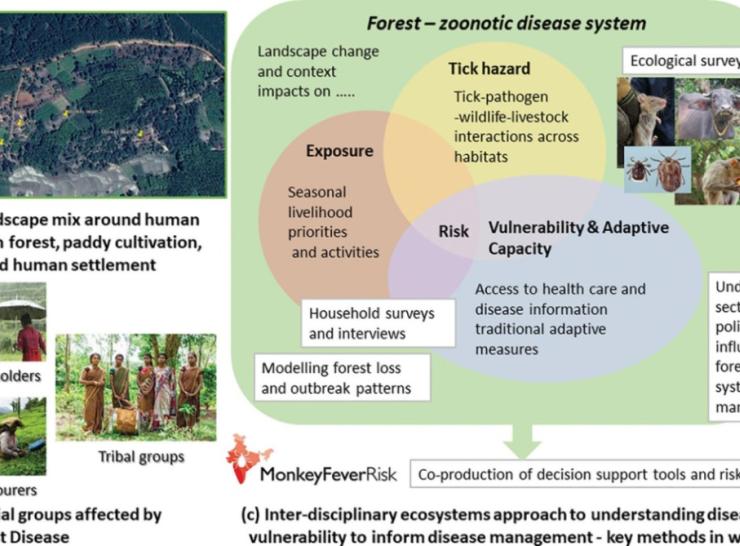
Co-production of knowledge as part of a OneHealth approach
There is increased global and national attention on the need for effective strategies to control zoonotic diseases. Quick, effective action is, however, hampered by poor evidence-bases and limited coordination between stakeholders...
